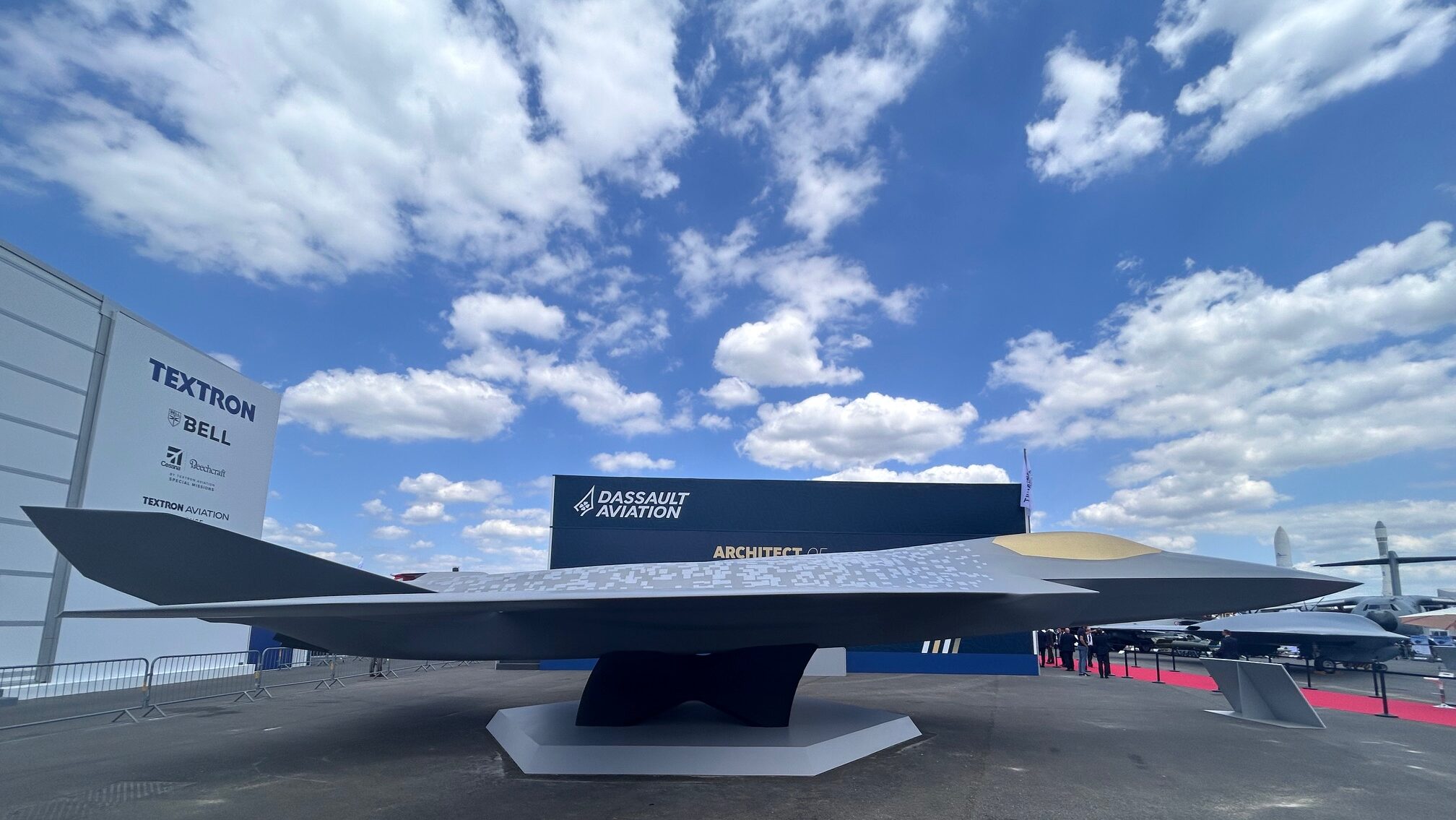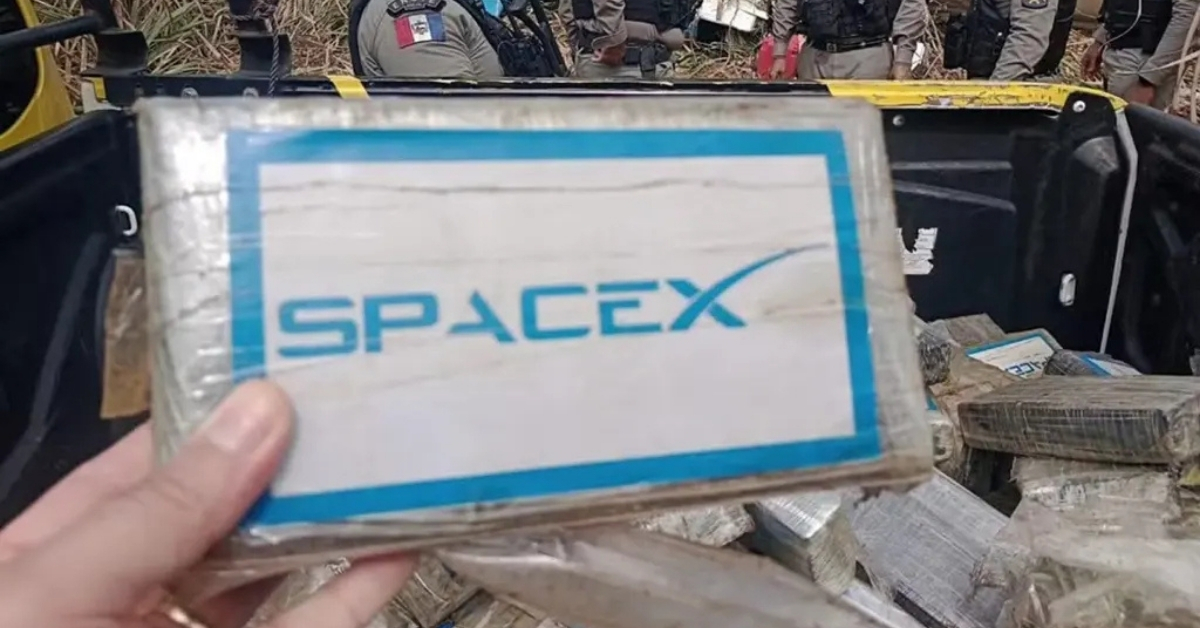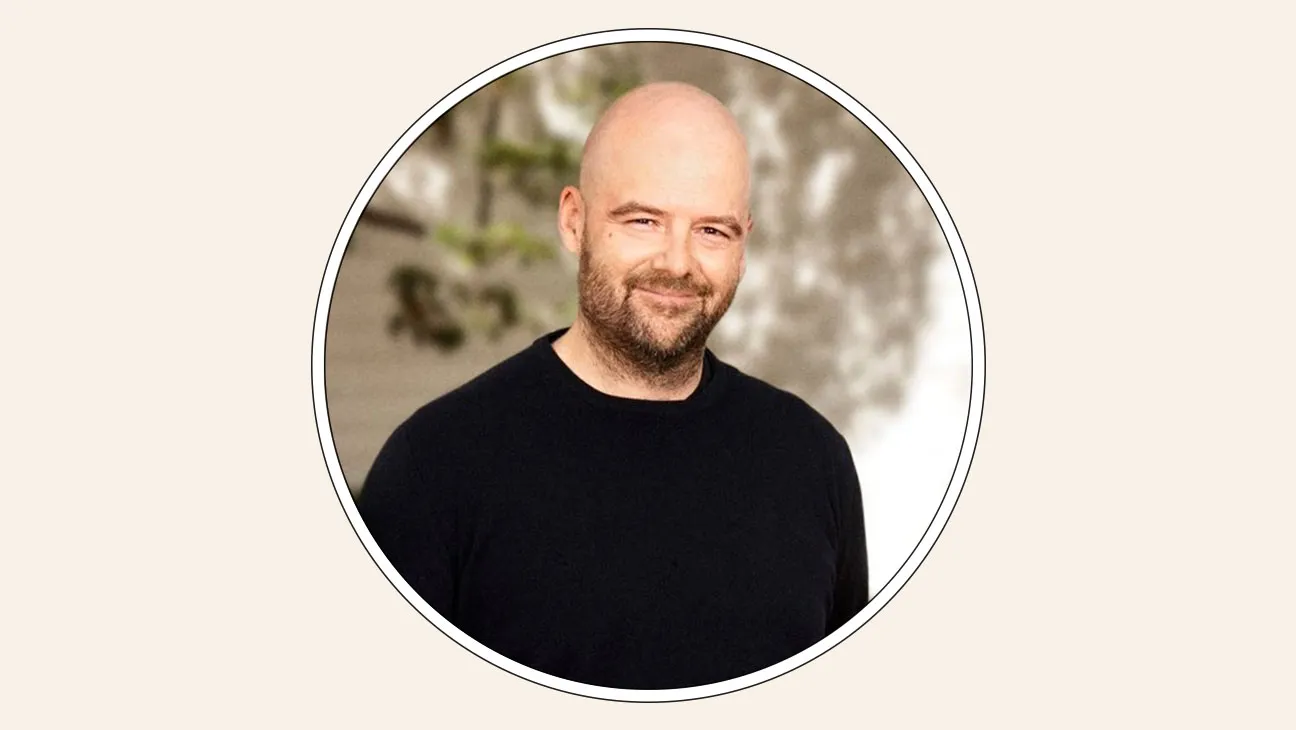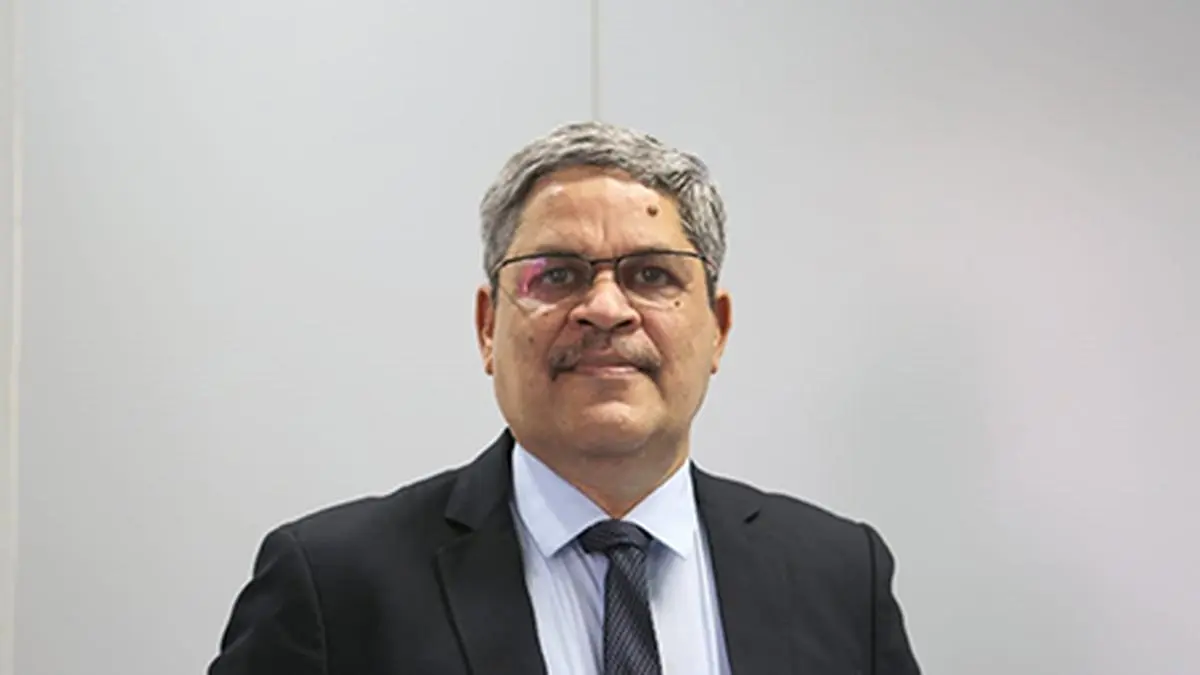
STOCKHOLM — German defense minister Boris Pistorius and his Swedish counterpart Pål Jonson say that Germany and Sweden are not in talks aimed at securing a new Future Combat Air System (FCAS) partner to replace France, despite tensions between Berlin and Paris.
The disclosure came during a press conference addressing defense cooperation with Stockholm in Berlin Tuesday. When asked whether Germany was exploring alternatives to French participation amid an industrial dispute over how to move forward with the forthcoming Phase 2 technology demonstrator, Pistorius said, “No such discussions are taking place.”
The FCAS, a collaborative effort between Germany, France and Spain, aims at developing a next-generation fighter jet and associated systems to replace aging fleets of Eurofighter Typhoon and Rafale by 2040. The program, which includes Airbus, Dassault and Spain’s Indra, is Europe’s push to modernize defense capabilities and technological autonomy.
According to previous media reports, Berlin’s strained relations with Paris over Europe’s €100 billion flagship fighter jet program are prompting Germany to consider replacing France with Sweden or the UK if no agreement is reached by year’s end.
Germany will host a trilateral meeting with France and Spain in Berlin in October to discuss how to proceed with the future fighter program. Pistorius emphasized that Berlin expects clear results from the project by the end of the year.
“A decision must and will be made regarding whether and how FCAS will continue” he shared.
Eric Trappier, CEO of France’s Dassault, said during an inauguration ceremony of a new company production facility in Cercy, northwest France on Tuesday, “I don’t mind if the Germans are complaining. If they want to do it on their own, let them do it on their own,” according to AFP. France could also develop a future fighter jet alone, he added.
Jonson said during Tuesday’s press conference he was “surprised” to be fielding questions related to Sweden’s potential involvement in a joint fighter jet project with Germany.
Stockholm’s discussions with Berlin currently focus on Ukraine support, electronic warfare and deterrence, “not on the Franco-German FCAS project. That’s a bilateral issue between those countries,” he explained. Sweden had previous ties to the UK-led Tempest fighter jet program but left to rethink its plans. Stockholm has since opted to carry out future fighter studies and is targeting a preferred choice of either partnering with an already established project or going it alone by 2030.
Separately during the press briefing, Berlin revealed that it is considering Swedish defense firm Saab’s airborne early warning and control platform (AEW&C), Global Eye. France has already opted for the surveillance and command plane.
“Yes, that is also an option for Germany,” Pistorius said. “We are working on it. We haven’t made a decision yet, but I would say it is in pole position, to put it cautiously.”
The NATO E-3A AWACS, stationed at Geilenkirchen, Germany, has been the cornerstone of alliance strategic airborne surveillance for decades. However, the aging fleet is receiving a final modernization push to extend its operational life until 2035, with retirement expected shortly thereafter. Without a new system, Germany would lose its national airborne early warning and control capability, relying fully on allied support. Jonson welcomed Berlin in exploring Global Eye as an option.
“This is for Germany to decide which airborne sensors they want to procure,” he said. “We welcome it because it will deepen our cooperation, but it’s for Germany to decide what suits Germany’s needs.”
Mattias Rådström, head of media relations at Saab said in a statement that the company is “constantly promoting GlobalEye to potential customers around the world, however, we will not comment [on] specific activities.”
Elsewhere, both ministers emphasized the strength of the German-Swedish partnership within NATO, highlighting joint efforts in supporting Ukraine, enhancing Baltic security, and bolstering the alliance.
Additionally, they are jointly procuring IRIS-T SLM air defense missiles, all under the umbrella of the European Sky Shield Initiative.
Germany and Sweden will also sign a new Memorandum of Understanding on defense cooperation in November, building off a prior pact that dates back to 2009.



